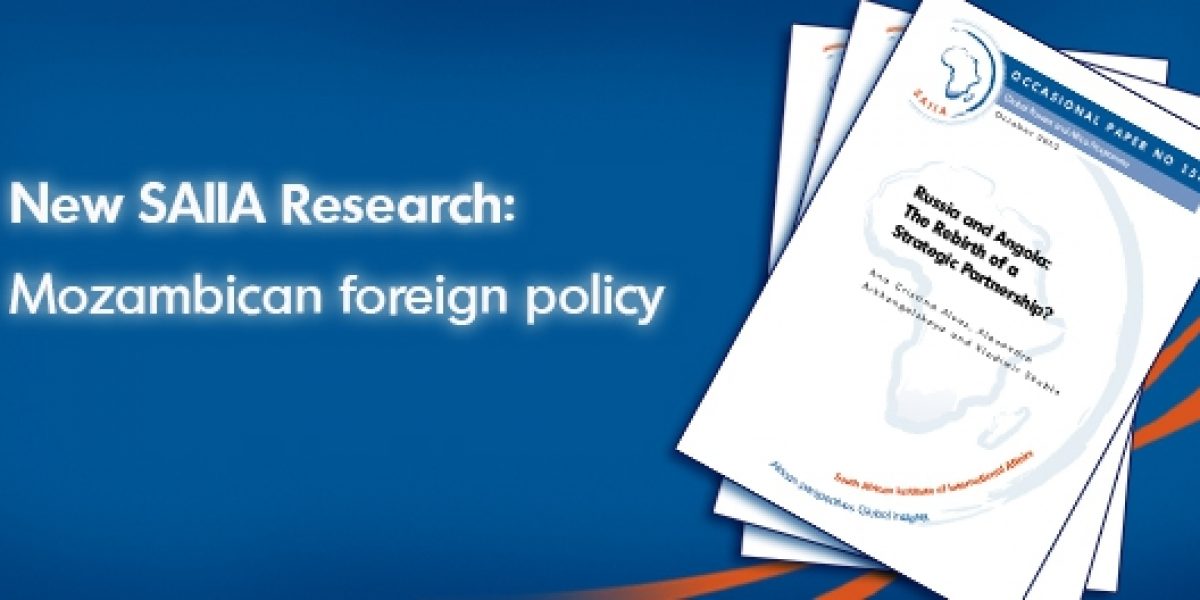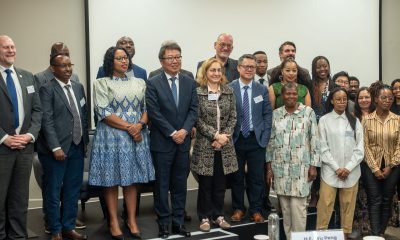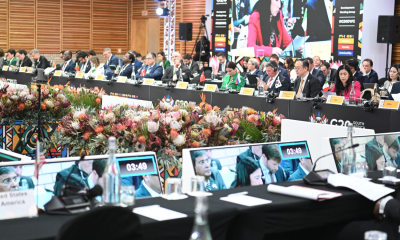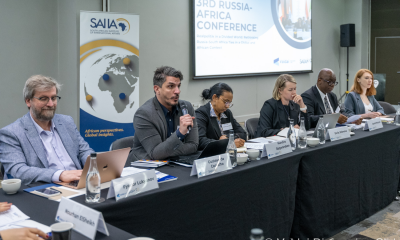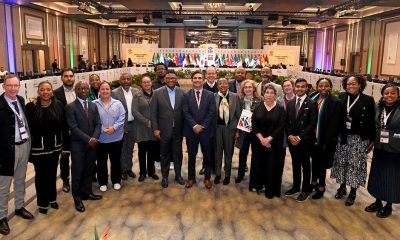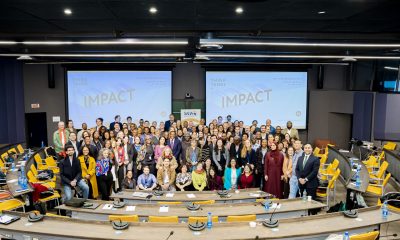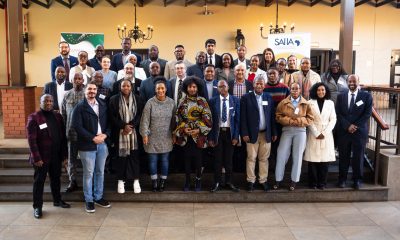The visit underlined a distinctive characteristic of Mozambican foreign policy, which has historically centred on securing international cooperation for development assistance and support. The infrastructure that Mozambique inherited from Portuguese colonial rule was ravaged by a debilitating civil war that left over a million people dead, dislocating millions more. This cemented the country’s fate as being one of the poorest in the world, leading to a donor-driven transition towards democracy from 1992.
Fortuitous discoveries in coal, natural gas and oil have changed Mozambique’s prospects. These prospects pose immense opportunities for development in the country, which is estimated to have the world’s third-largest gas reserves. Although it will take a number of years (and intensive investments in infrastructure) for this potential to be fully realised, these resources are already having an impact on Mozambique’s economy. Already reliance on donor-funded budget support has declined from a high of 70% of gross domestic product in 1992 to 39% in 2012, and continues to decline further.
This means that Mozambique’s propensity for self-reliance and autonomy will increase in the medium to long term. SAIIA’s Occasional Paper, “Mozambique’s Foreign Policy: Pragmatic Non-Alignment as a Tool for Development” examines Mozambique’s historic foreign policy trajectory while exploring its prospects for the future. It asserts that as the economy of the country has grown, its leaders have sought to harness international cooperation in aid of its developmental objectives. Mozambique has been astute at managing multiple and potentially conflicting partners throughout its history which serves it well as it stands on the cusp of a new phase in its regional and global engagement.
This paper forms part of SAIIA’s work on unpacking the contemporary foreign policy drivers of key African states.
Download the paper Mozambique’s Foreign Policy: Pragmatic Non-Alignment as a Tool for Development

